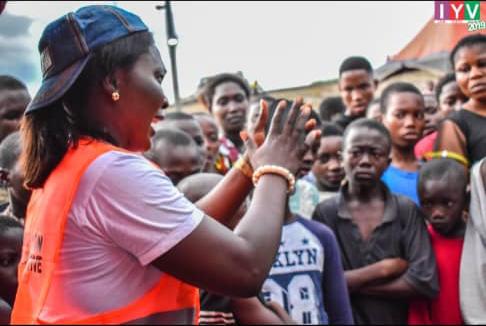PIND Foundation to Host Two-Day Virtual Engagement to Enhance Oil Palm Seed Distribution For Nursery Operators in The Niger Delta
In a bid to strengthen the oil palm sector and improve seed distribution within the Niger Delta region, PIND Foundation, in partnership with four leading seed companies, is hosting a two-day virtual engagement. This initiative is set to tackle the pressing challenges in seed quality and distribution, providing critical support to nursery operators and farmers.…









